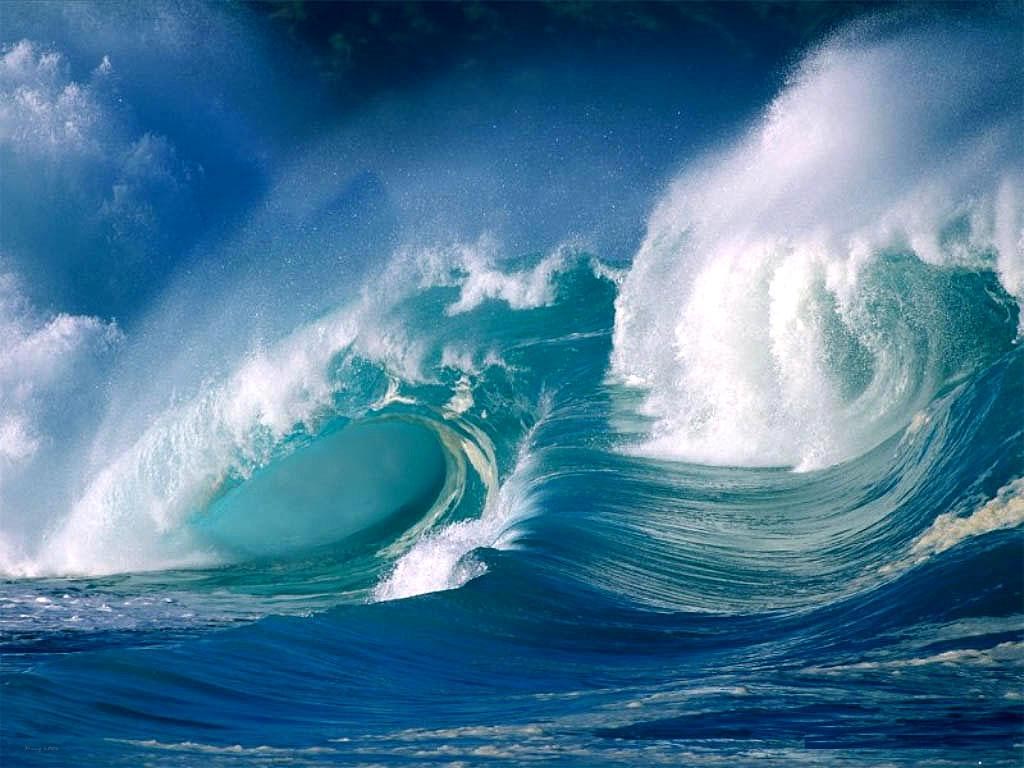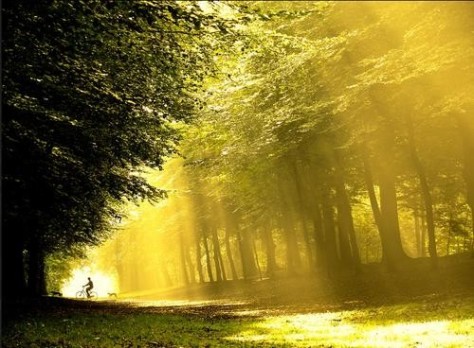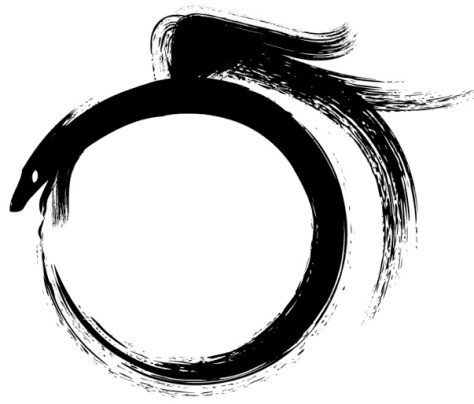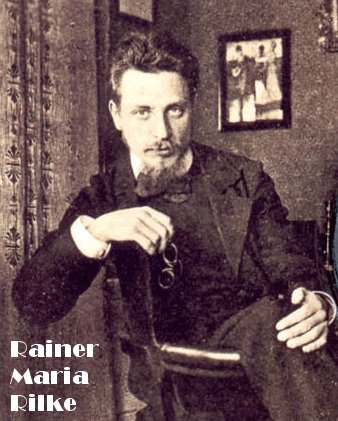
Today I am remembering that beauty and truth are eternal, but that forms are not. All forms change, evolve, dissolve, re-form. That is to say, everything transforms in time, through death or dissolution. It simply is.
Yet, nothing essential can ever be lost.
I love the metaphor of the wave and the water. Every wave rises, crests, falls, disappears entirely. What was lost?
The form of that wave.
What was that wave made of?
We suffer unnecessarily because we believe we are the wave.
But of course, at essence, we are the water.
This is not to say that we should not become attached to forms. I think it is inevitable and beautiful that we do become emotionally attached to our own lives and bodies, our loved ones, the form of a particular relationship or work, a place… and loss and grief are an integral and necessary part of this story. Recognizing our true essence does not mean disengaging from the bonds that we form. Engaging fully with life, in the full awareness of your vulnerability, takes courage and real strength. When the time of loss is here, we must grieve. To be willing to live so openly and courageously is the best way to live, I sense. I also imagine that it is nearly impossible to live so willingly open without some sense of the eternality of the essence of things, or without awareness of the wholeness that we belong to. So much of our suffering we create ourselves in resisting loss and death. We close our bodies down energetically in fear. Hearts become dry and dim. Our minds grow rigid. We get stuck in habit patterns that don’t even serve our own happiness, let alone the happiness of others.
A teacher of mine says that to transcend is trance-ending. Another teacher says that to transcend healthfully, we do so in a way that is inclusive of all that came before rather than in a way that is dissociative. As our consciousness shifts to include perspectives that reflect a deeper truth than we could previously discern, there is yet an embrace of the more limited perspectives, and a respect for how they served us and for the particular nuances that each level of perception illuminates, but the spell of that more limited perspective is broken. As we begin to see that we are the wholeness as well as the part, it is possible to honor and love all the parts more deeply. As we transform our consciousness, it is possible to make space for fear and grief, and to feel them wholly while remaining rooted in the peace at the core. I think sometimes we remain rooted by a thread, and for all you can access it the peace at the core seems like a pipe dream, or worse, like delusion, but if you know that you don’t have to feel it or see it right now, if you even know that it might be true that at the core is peace, then in the willingness to consider this possibility there is an opening. As in the story of the man who awoke in the darkness of night to see the shadow of a fearful snake in the corner on the floor, who trembled in a panic for hours, and when a storm rolled in and a flash of lightning lit the sky and shined in through the windows, he saw… a rope coiled in the corner on the floor. And as the sky blackened once more he was no longer afraid, even though again he was in darkness. One moment of illumination can anchor us in a deeper truth, even while habit compels us to tumble back into the prevailing trance and doubt what was revealed.
Discipline = to become a disciple of the deepest truth or most adequate perspectives that you have ever accessed. To be a disciple means that we apprentice ourselves to the ongoing development of our capacity to live in integrity with our deepest awareness. This means that we are committed to the practice of surveying our consciousness, our lives, our choices, relationships, habits, and actions in order to discover where a less adequate perspective may be prevailing, and then to do the work of bringing everything into alignment with the deeper awareness, even as awareness is continuing to evolve. This can be deeply challenging at times. And it is in the challenges and contractions that we need to call on ourselves to remember what we saw in that streak of illumination — the snake was a rope — then we can gradually bring the light of that illumination into those shadowed blinds within us. I guess that this is what practicing faith is — not adherence to doctrine or hiding from fear within the fortress of orthodoxy — but reconnecting to the truths of our own moments of great love, deep clarity or intimations of a grand vista that is yet beyond our imagining. I think that faith is choosing to invest trust in what was revealed in those sublime moments, even when it seems most dim and distant and doubtful. Faith need not mean certainty. Only consideration of possibility and a willingness to remain open to it. Only humility.
With love,
Lauren









